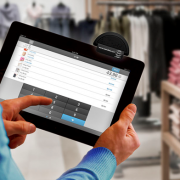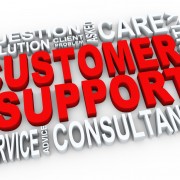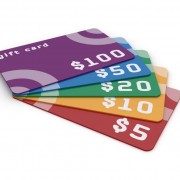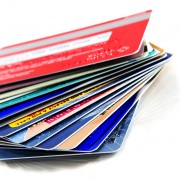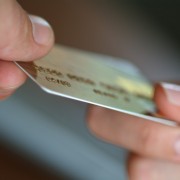Mobile Payments Can Help During The Holiday Season
Last week we brought up the topic of how mobile payments aren’t the only answer for a merchant, and how small business owners need to use more than just mobile payments to help their businesses grow.
Mobile payments though, can be used as a tool for helping a business keep up with their customers, and there’s no better example of this than during the holiday season.
First, when discussing mobile payments and the holiday season, it needs to be broken down into two parts. There are mobile payments which are literally payments made on a mobile device.
And then there is the term mobile payments, which is the ability to take payments on your mobile device.
The first example of mobile payments (purchasing items online via a mobile device) has been up this holiday season, with the recent Cyber Monday being the biggest online shopping day in history (via iso and agent). What this means for merchants, is that people are buying things online from their smartphones and tablets. Business owners who still don’t have an online shopping cart setup for their website are potentially missing out on major profit during the holiday season.
The second example of mobile payments(taking payments on your smart device using a mobile swiper) also grows during the holiday season. When stores become busy during Christmas time, mobile swipers play a key role in helping make sure customers don’t have to wait on a line, and can get out of the door quicker.
When working with a normal terminal and cash register, a mobile swiper on a smart phone can be used as an alternative as customers shop around, and can help make the wait times for a store lessen during this busy season.
This is where a mobile swiper and the ability to accept mobile payment’s on it becomes important. As a merchant, you might not need a second terminal throughout the year, but instead simply need one for the busy seasons. A mobile swiper fills that role.
Mobile payments in general are on the rise during the holiday season, and as a business owner you need to make sure you’re not missing out on this profit.



